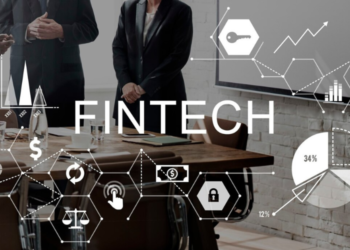Bandwagon Effect
The bandwagon effect refers to the phenomenon in which people are more likely to adopt a belief or behaviour because they see others doing the same. This can occur for a variety of reasons, including a desire to fit in with a particular group, a belief that the behaviour or belief is popular or fashionable, or a desire to conform to social norms.
The bandwagon effect is often used to explain why certain trends or fads become popular. It can lead to a self-reinforcing cycle in which more and more people adopt the belief or behaviour as it becomes more widespread. This can lead to a situation in which people are more likely to adopt a belief or behaviour simply because they perceive it as being widely accepted rather than because they have carefully considered the evidence or arguments supporting it.
The bandwagon effect can have a powerful influence on people’s behaviour and can lead to the rapid spread of ideas, trends, and behaviours. However, it can also lead people to adopt beliefs or behaviours that may not be based on sound evidence or that may not be in their best interests. As such, it is important for individuals to critically evaluate the evidence and arguments supporting a belief or behaviour before adopting it.
Snob Effect
The snob effect, also known as the snob appeal, refers to the phenomenon in which people are more likely to purchase a product or service because they believe it is exclusive or high-end. This can be driven by a desire to be perceived as wealthy or sophisticated or a belief that the product or service is of a higher quality because of its exclusivity.
The snob effect can be used as a marketing strategy to increase the perceived value of a product or service by creating an aura of exclusivity around it. This can be achieved through various tactics, such as limiting the availability of the product or service, using luxury branding, or promoting it as being used by celebrities or other high-status individuals.
The snob effect can lead people to make purchasing decisions based on social status or prestige rather than practicality or value. It can also create a sense of elitism and can contribute to social and economic inequality. As such, it is important for consumers to evaluate the claims made by marketers critically and to consider whether a product or service is worth the cost based on its practical benefits and value rather than just its perceived exclusivity.
Studying the economic discipline of such psychological mechanisms helps one make sensible purchases and refrain from falling into the trap of marketing psychologies.








